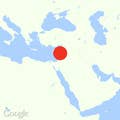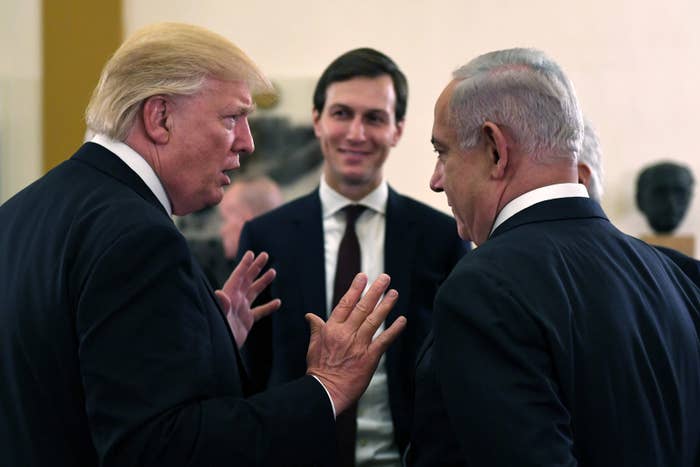
JERUSALEM — The Trump administration and the majority of Palestinians have, perhaps surprisingly, one major thing in common: They are both fed up with the Palestinian Authority (PA).
Around two-thirds of Palestinians in the West Bank think the PA, the semi-autonomous government based in the Israeli-occupied West Bank, is corrupt and want its longtime and ailing president, 82-year-old Mahmoud Abbas, to resign, according to polls. The Trump administration and Abbas, meanwhile, are very publicly not on speaking terms. In recent months, Trump officials have repeatedly slammed the Palestinian leadership as perpetuating the conflict with Israel.
That is, though, where any current common ground ends.
Instead, Palestinians active in politics say the Trump administration’s approach, like cutting aid to punish the PA, is just making it harder for Palestinians who oppose Abbas and are trying to push for political reform and freedoms from within. That view has only intensified following the administration’s announcement late last week that it was cutting more than $200 million in aid to the Palestinians earmarked for good governance, health, education, and funding for civil society, in order to push the PA to accept American and Israeli conditions for negotiations. Then, late Friday afternoon, the administration announced it would cut all funding to the United Nations Relief and Works Agency (UNRWA), following a suspension of half of US aid in January.
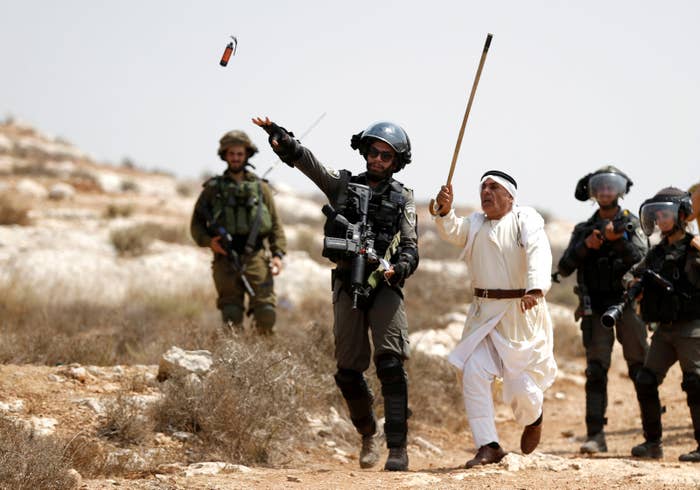
“The biggest difficulty becomes that you don’t want to come out against the PA and be connected to the American agenda,” said Fadi Quran, 30, a Ramallah-based Palestinian political organizer who’s been active in organizing against PA policies. “The more that Trump attacks the PA, the more they give legitimacy to Mahmoud Abbas.”
Quran noted that America’s annual $60 million in funding for the PA security forces, which Israel says is important for keeping its own safety, has not been cut or threatened.
“Anyone who speaks up against the PA gets crushed by the [PA] security forces. And who funds the security forces? The United States,” he said. Quran, like many Palestinians, likened US support for the security forces as part and parcel of maintaining “the status quo,” including Israel’s military occupation of the disputed West Bank, Gaza Strip, and East Jerusalem since 1967.
“Nothing the U.S. does would be beneficial internally to the Palestinian people if it doesn’t stop supporting the occupation,” he said.
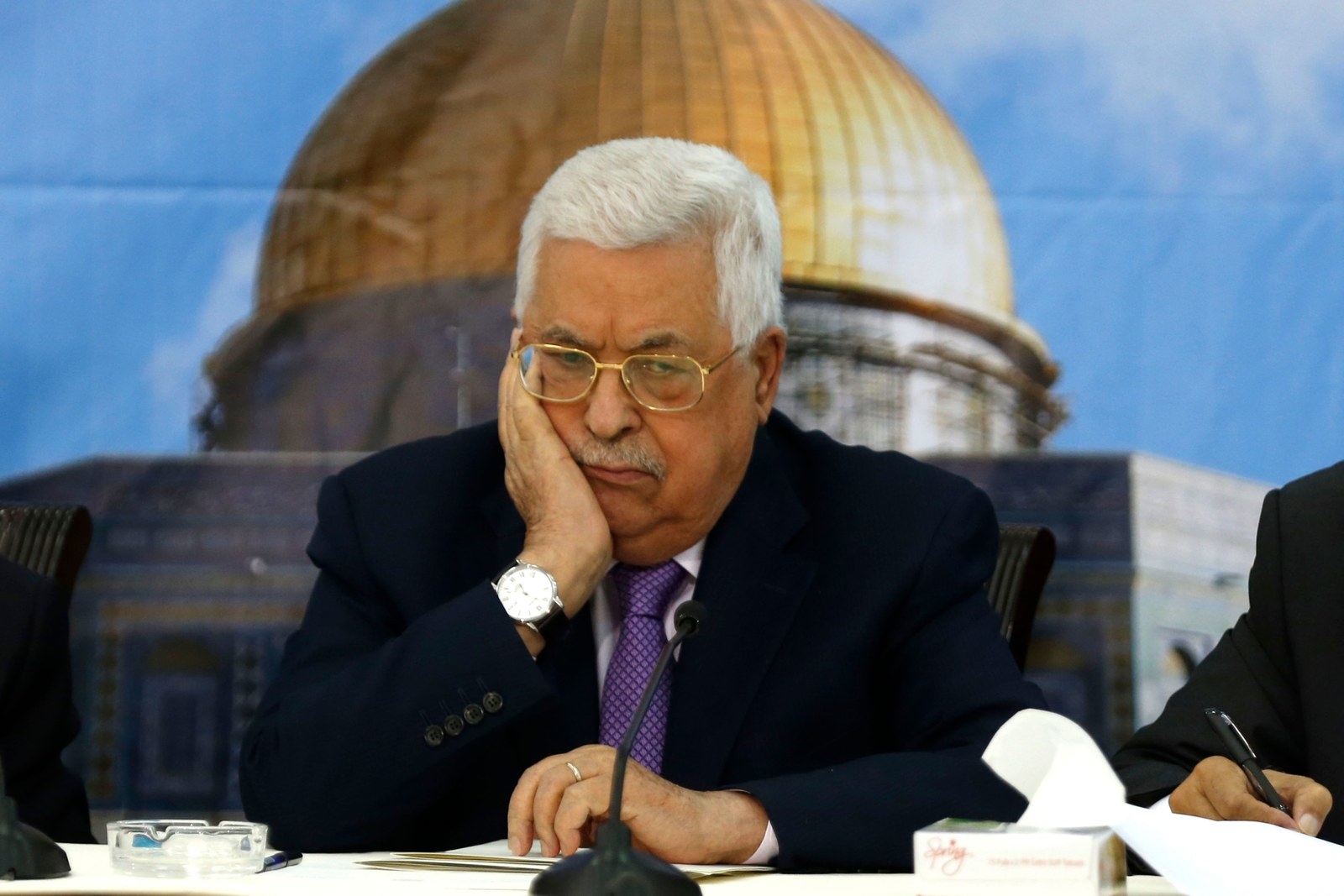
In addition to the aid cut, the Trump administration, after months of uncertainty, just slashed all $350 million in funding to UNRWA, which distributes food, education, and health aid to Palestinians in the West Bank, Gaza Strip, Jordan, Lebanon, and Syria. The administration kicked off 2018 with an initial suspension of $65 million of UNRWA aid, which is particularly vital in Gaza, which is facing multiple humanitarian crises. UNRWA is also important for Palestinian descendants of refugees who fled or were expelled from Israel in 1948 because by maintaining their refugee status, they can continue their legal claim for a right of return to Israel (which Israel and Trump’s Middle East peace envoys oppose). The PA, meanwhile, is a main source of jobs and services in the West Bank, where unemployment is high.
“We have undertaken a review of US assistance to the Palestinian Authority and in the West Bank and Gaza to ensure these funds are spent in accordance with US national interests and provide value to the US taxpayer,” a State Department official told Reuters regarding the latest cuts.
The UNRWA suspension came a month after Trump announced he would relocate the US Embassy in Israel from Tel Aviv to Jerusalem — a move that happened in May and deeply angered Palestinians, as they also lay claim to Jerusalem. (Peace plans have slated the city’s east side as a capital for their future state.) All the while, Trump and his Middle East envoys continue to insist they are working on developing a secretive “deal of the century” to end the long-standing Palestinian–Israeli conflict.
Jared Kushner, the president’s son-in-law and senior adviser, is now reportedly pushing to remove the refugee status of millions of Palestinians in an effort to shut down UNRWA.
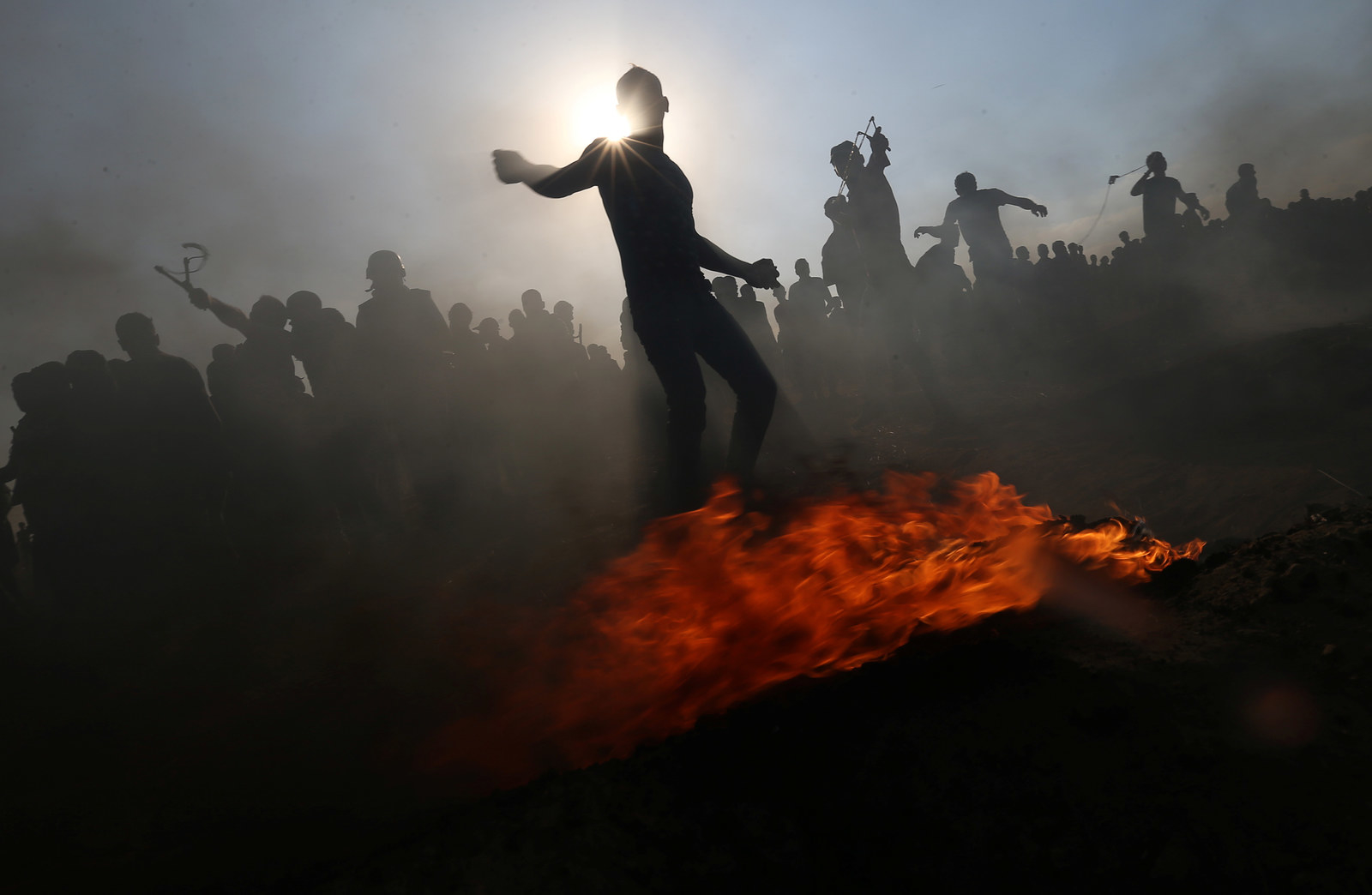
Previous US presidents have aimed to portray themselves as a neutral mediator — a role the Trump administration has seemed to boastfully balk, as it’s vocally sided with policies supported by Israel’s hard-line government, key members of which oppose a two-state solution. Kushner explained in an email, leaked to Foreign Policy, that “sometimes you have to strategically risk breaking things in order to get there.”
Officials like Kushner appear to be just waking up to the reality that the PA — established in 1994 as part of the Oslo peace process — has problems. Palestinians like Quran have been saying this for a long time. He blames the PA leadership, but also faults the US for decades of propping up the PA at the expense of developing a strong Palestinian democracy and younger, more representative leadership.
Last year Amnesty International criticized Palestinian authorities for a “dangerous escalation in attacks on freedom of expression,” including a vaguely worded new cybercrime law pushed by Abbas that’s been used to increase the ease of arresting critics. Amnesty and other human rights groups have also accused PA officials of using torture, excessive use of force, and arbitrary detention.
One thing a clear majority of Palestinians want is presidential elections (Abbas is currently entering the 14th year of a nominally four-year term after his election in 2005). But Abbas and his supporters say there can’t be elections until they fix another problem: the internal Palestinian split. In 2007, Hamas, Abbas’ archrival and a Western-designated terror group, ousted the Fatah Party–dominated PA from the Gaza Strip. Since then, Israel and neighboring Egypt have kept Gaza blockaded and Hamas and Israel have fought three bloody wars. Now Gaza is collapsing in all respects: There are barely any jobs, medicine, or electricity.
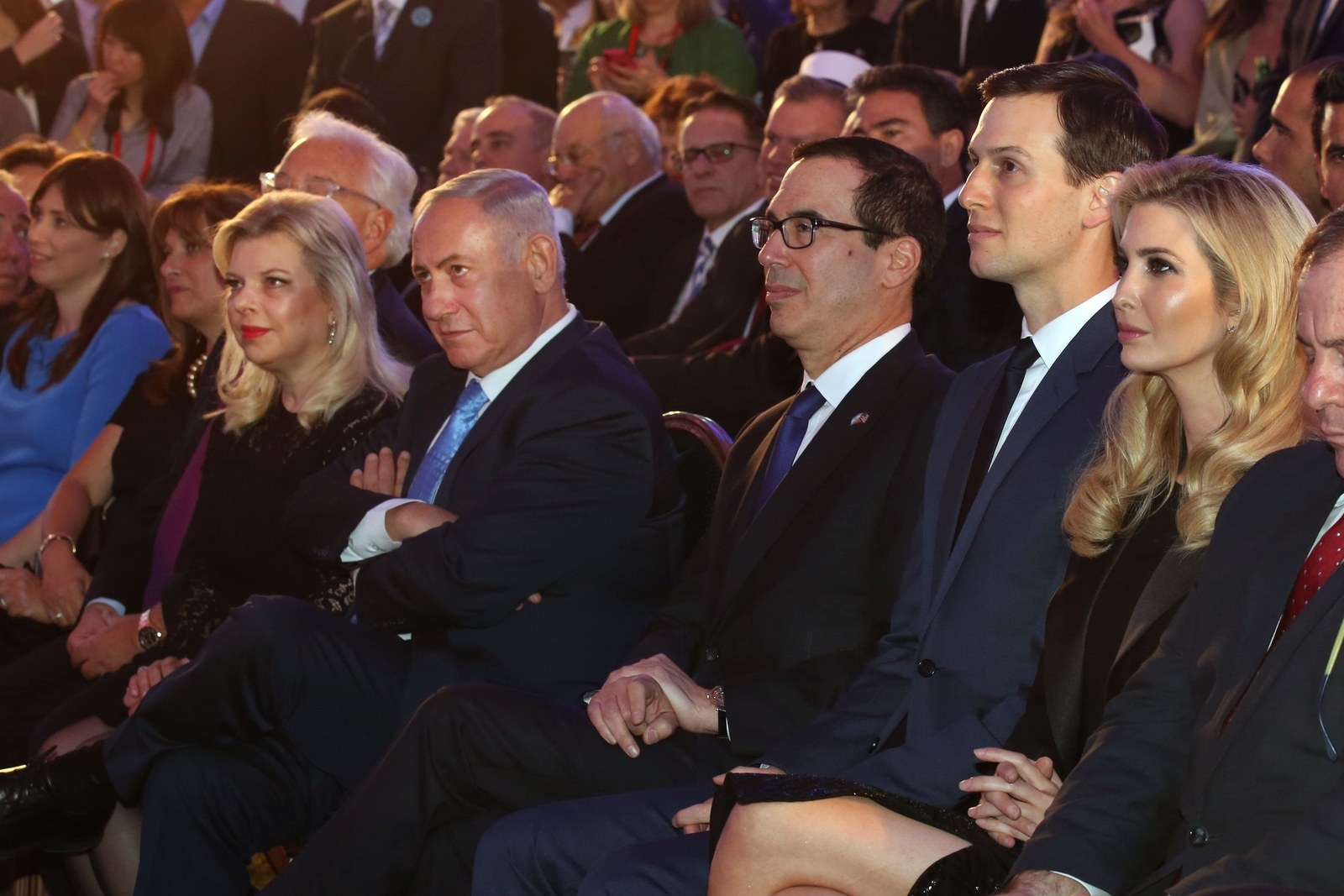
Palestinians accuse Israel of trying to divide the Palestinians vis-à-vis Gaza. But they are also angry at the PA, which has cut services like electricity and salaries to Gaza in a move to squeeze Hamas out. In June, Palestinian authorities forcibly attacked and disrupted a peaceful protest in Ramallah against PA policies in Gaza after Abbas tried to ban the rally.
“The Palestinian Authority now is in a very bad situation with the public,” Ashraf al-Ajrami, a former PA Minister, told a press briefing Wednesday in Jerusalem. “They [people] want to change it ... But even if it’s not popular nowadays, it’s the only authority that we have. There is no alternative ... They don’t like it. But they accept the reality.”
For young Palestinians in the West Bank like 25-year-old Rita, who requested only her first name be used to speak frankly as an individual, rather than as representing the movement she works with, that’s no longer good enough.
“This leadership is using what’s happening with Trump to justify its ongoing suppression of the Palestinian struggle hand in hand with Israel,” she said by phone. “I think anything ‘in the interest’ of Palestinians should come from the Palestinians ... The first step is proper representation. And fighting Trump’s solution.”
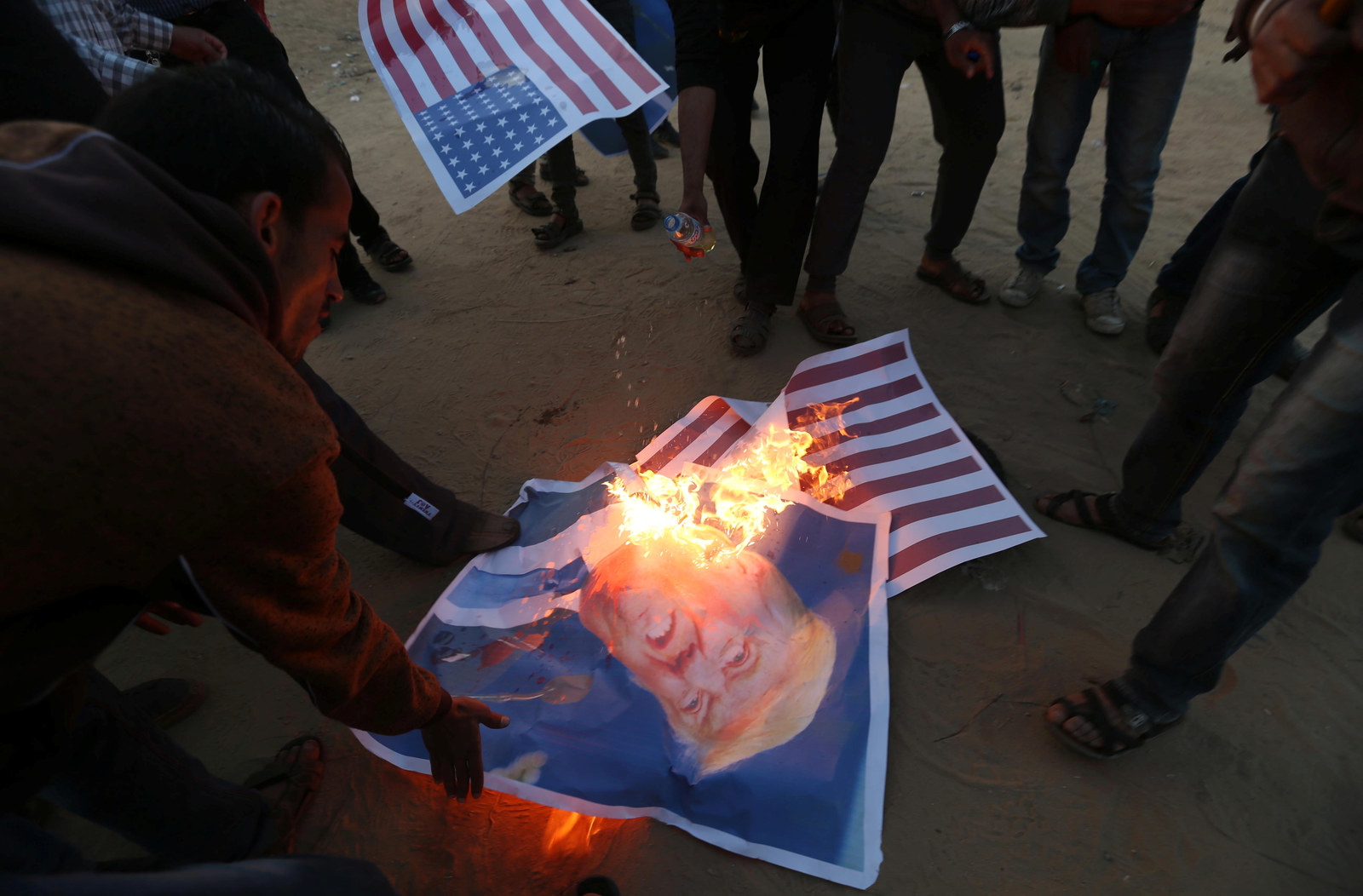
Members of Israel’s security establishment have also come out against the UNRWA and PA aid cuts, saying that stable jobs and services for Palestinians, which those institutions provide, are good for Israel.
Omar Shaban, a political economist in Gaza, lamented that any nuance in these policies has been lost.
“We appreciate UNRWA. We also critique UNRWA, like any big organization,” he said in an interview conducted earlier this summer. Shaban was educated in UNRWA schools and used to work with the agency. “You cannot reform UNRWA by cutting the funds. You kill UNRWA. I mean, reform of UNRWA is a must. But you cannot do this by suspending UNRWA.”
He likened this logic of constructive criticism to the PA’s situation. “The PA should be much, much more efficient and better,” Shaban said. “But this does not mean you need to kill the PA. We need the PA. We need political leadership. Okay, they need to change. They need to be more democratic, more transparent, younger. But you need to negotiate, to talk to them, in order to achieve this.”
CORRECTION
Omar Shaban’s name was misspelled in an earlier version of this post.

